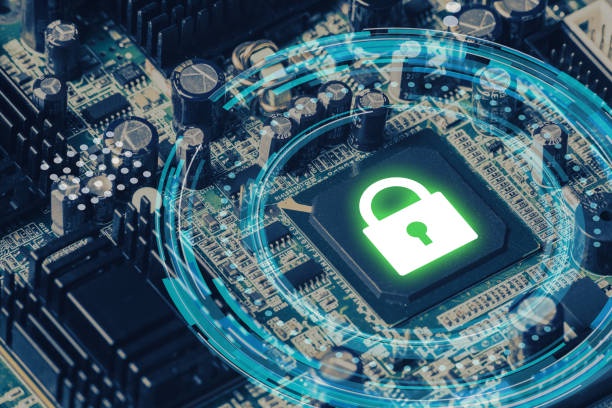A Virtual Private Network (VPN) is a secure connection between a user and the internet, which allows users to access the internet through a remote server, thereby protecting their online privacy and security. VPNs are commonly used to protect sensitive information, such as credit card details, login credentials, and personal data, from being intercepted or monitored by unauthorized parties.
How VPN works: A VPN works by encrypting all the data transmitted between the user and the internet, making it virtually impossible for anyone to intercept the data or monitor the user’s online activities. This encryption is performed using a combination of encryption protocols and security keys, which are exchanged between the user and the VPN server.
Advantages of using a VPN:
Privacy: One of the main advantages of using a VPN is privacy. When you use a VPN, your online activities are hidden from your internet service provider (ISP) and other third parties, as the data is encrypted before it leaves your device. This means that your ISP cannot track your online activities, and third parties cannot access your personal information.
Security: Another advantage of using a VPN is enhanced security. VPNs encrypt your data and secure your online activities, making it difficult for cybercriminals to steal your information or monitor your online activities. This is especially important when you’re using public Wi-Fi networks, which are often unsecured and vulnerable to cyberattacks.
Access to restricted content: VPNs also allow you to access content that may be restricted in your country or region. By connecting to a remote server in another country, you can bypass geo-restrictions and access content that would otherwise be unavailable to you.
Types of VPN: There are two main types of VPNs: remote-access VPNs and site-to-site VPNs. Remote-access VPNs are designed for individuals and allow users to connect to a remote server from their device, whereas site-to-site VPNs are designed for businesses and allow multiple remote devices to connect to a single secure network.
Protocols: The most commonly used VPN protocols are OpenVPN, PPTP, L2TP/IPSec, and IKEv2/IPSec. Each protocol has its own advantages and disadvantages, so it’s important to choose the right one for your needs. For example, OpenVPN is known for its strong security and is often used by businesses, while PPTP is faster but less secure and is often used by individuals.
Limitations of VPN:
Slower speeds: One of the main limitations of using a VPN is that it can slow down your internet speeds. This is because all the data transmitted between the user and the internet must be encrypted and then decrypted, which takes up additional time.
Limited server options: Another limitation of using a VPN is that there may be limited server options available, especially if you’re using a free VPN service. This means that you may not be able to access certain websites or content that you would otherwise be able to access.
Conclusion:
In conclusion, a VPN is a secure connection between a user and the internet that protects the user’s online privacy and security. VPNs use encryption protocols and security keys to encrypt all the data transmitted between the user and the internet, making it virtually impossible for anyone to intercept the data or monitor the user’s online activities. VPNs also allow users to access content that may be restricted in their country or region and are available in two main types: remote-access VPNs and site-to-site VPNs. While VPNs have their limitations, such as slower speeds and limited server options, they are a valuable tool for protecting your online privacy


No comments yet